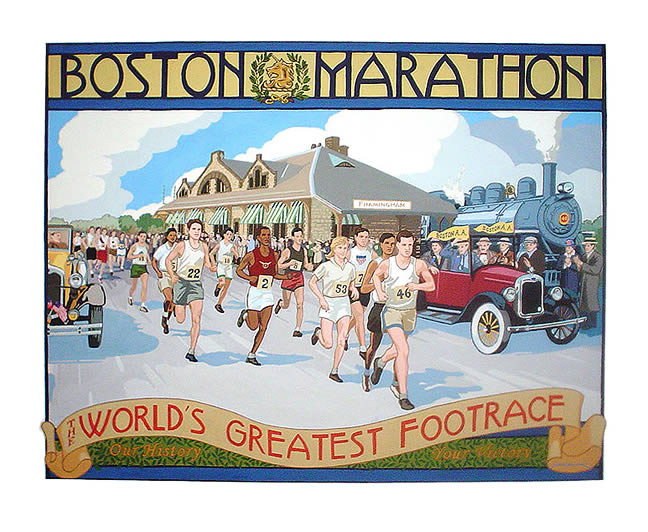I remember standing in the sanctuary of
Dexter Ave. Baptist Church in Montgomery, Alabama, the “cradle of the civil
rights movement.” I looked at the pulpit from which Martin Luther King, Jr.,
preached the transformational gospel to a people who were systematically
oppressed and excluded solely because of the color of their skin and ethnic
roots—in the middle of the most progressive and civilized and, simultaneously,
the most oppressive and destructive century in human history. I couldn’t bring
myself to stand at that pulpit, but I stood in the silence of the sanctuary and
looked at it, imagining Dr. King thundering out the biblical call for justice.
A block up the street is the Civil Rights Memorial, where water pours over a black granite wall that has carved into it Dr. King’s famous quotation of the prophet Amos, through whom God commanded, “Let justice roll down like waters, and righteousness like an ever-flowing stream” (5:24).
It’s why individual calls to justice so often lead to whole movements, because justice sweeps people into its flow. Justice—restorative justice—is what God is doing with the world. It’s his plan, his vision. And it has a cleansing power, washing away the filth of the oppressor and restoring the soul of the oppressed. It is the living water that flows from within those who drink from the fountain of becoming…those becoming children of God.
What if a tiny little woman hadn’t refused to sit at the back of the bus? What if children hadn’t shown up to school and students hadn’t sat at lunch counters where their “kind” weren’t allowed? What if a preacher hadn’t lived and shared his dream?
These people did not step out of history books. They stepped out of humble homes and jobs and everyday lives, and only stepped into history books because of their step-by-step journey toward justice. They could easily have been you and me—arms linked, police dogs snapping at our ankles, shielding our faces from fire hoses.
Anyone looking for Jesus will find him on that bus, at that lunch counter, assaulted with dogs and firehoses, heralding a dream, being sold into sex slavery, losing his blue-collar job to help a CEO buy another vacation home, being raped because a man thinks he can get rid of his AIDS by having sex with a virgin, growing up without parents, without an education, without a vote, without medicine, never ever being told or shown “I love you”—there’s Jesus, one of the least just like he said, in case any of his so-called followers are looking.
A block up the street is the Civil Rights Memorial, where water pours over a black granite wall that has carved into it Dr. King’s famous quotation of the prophet Amos, through whom God commanded, “Let justice roll down like waters, and righteousness like an ever-flowing stream” (5:24).
It’s why individual calls to justice so often lead to whole movements, because justice sweeps people into its flow. Justice—restorative justice—is what God is doing with the world. It’s his plan, his vision. And it has a cleansing power, washing away the filth of the oppressor and restoring the soul of the oppressed. It is the living water that flows from within those who drink from the fountain of becoming…those becoming children of God.
What if a tiny little woman hadn’t refused to sit at the back of the bus? What if children hadn’t shown up to school and students hadn’t sat at lunch counters where their “kind” weren’t allowed? What if a preacher hadn’t lived and shared his dream?
These people did not step out of history books. They stepped out of humble homes and jobs and everyday lives, and only stepped into history books because of their step-by-step journey toward justice. They could easily have been you and me—arms linked, police dogs snapping at our ankles, shielding our faces from fire hoses.
Anyone looking for Jesus will find him on that bus, at that lunch counter, assaulted with dogs and firehoses, heralding a dream, being sold into sex slavery, losing his blue-collar job to help a CEO buy another vacation home, being raped because a man thinks he can get rid of his AIDS by having sex with a virgin, growing up without parents, without an education, without a vote, without medicine, never ever being told or shown “I love you”—there’s Jesus, one of the least just like he said, in case any of his so-called followers are looking.





